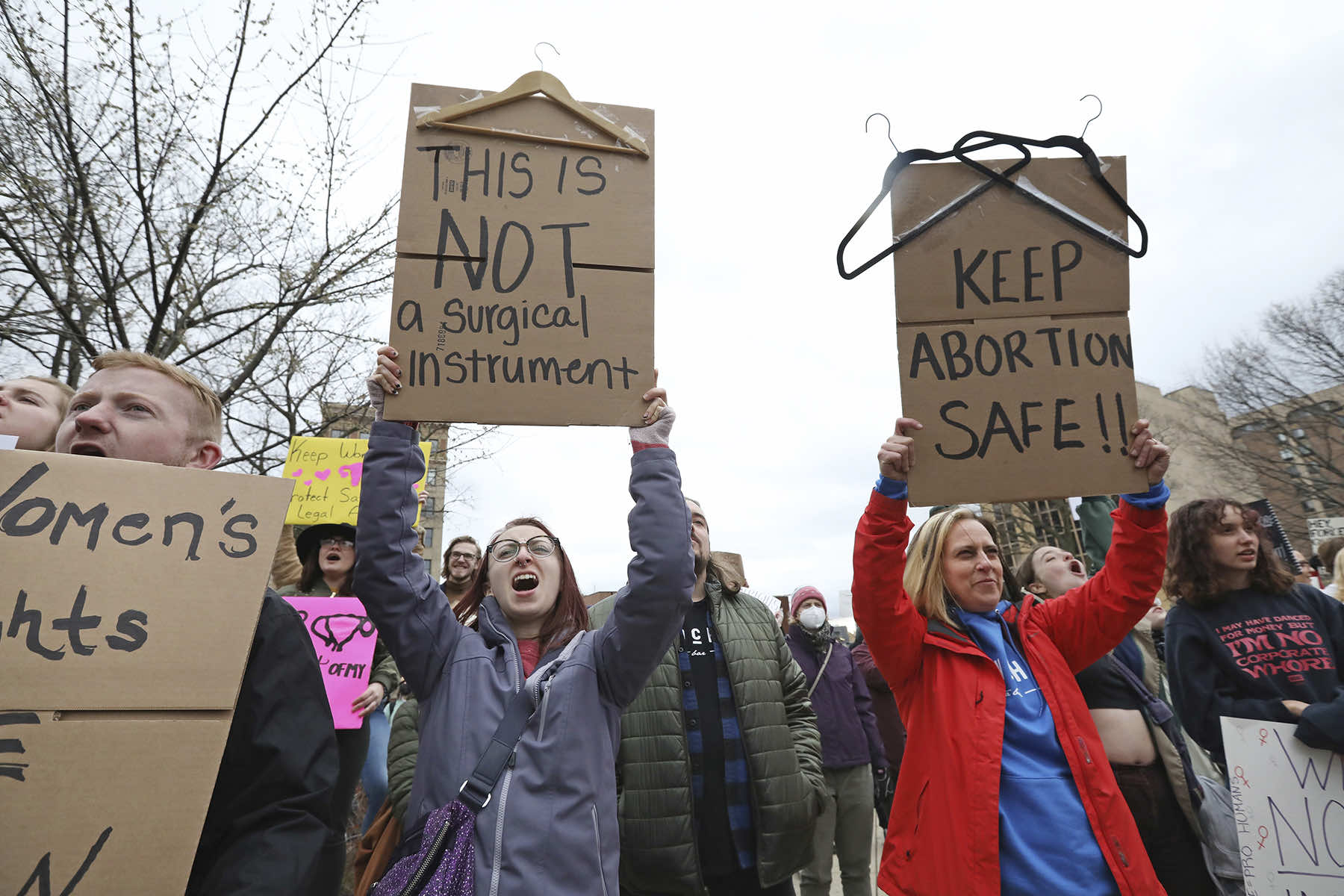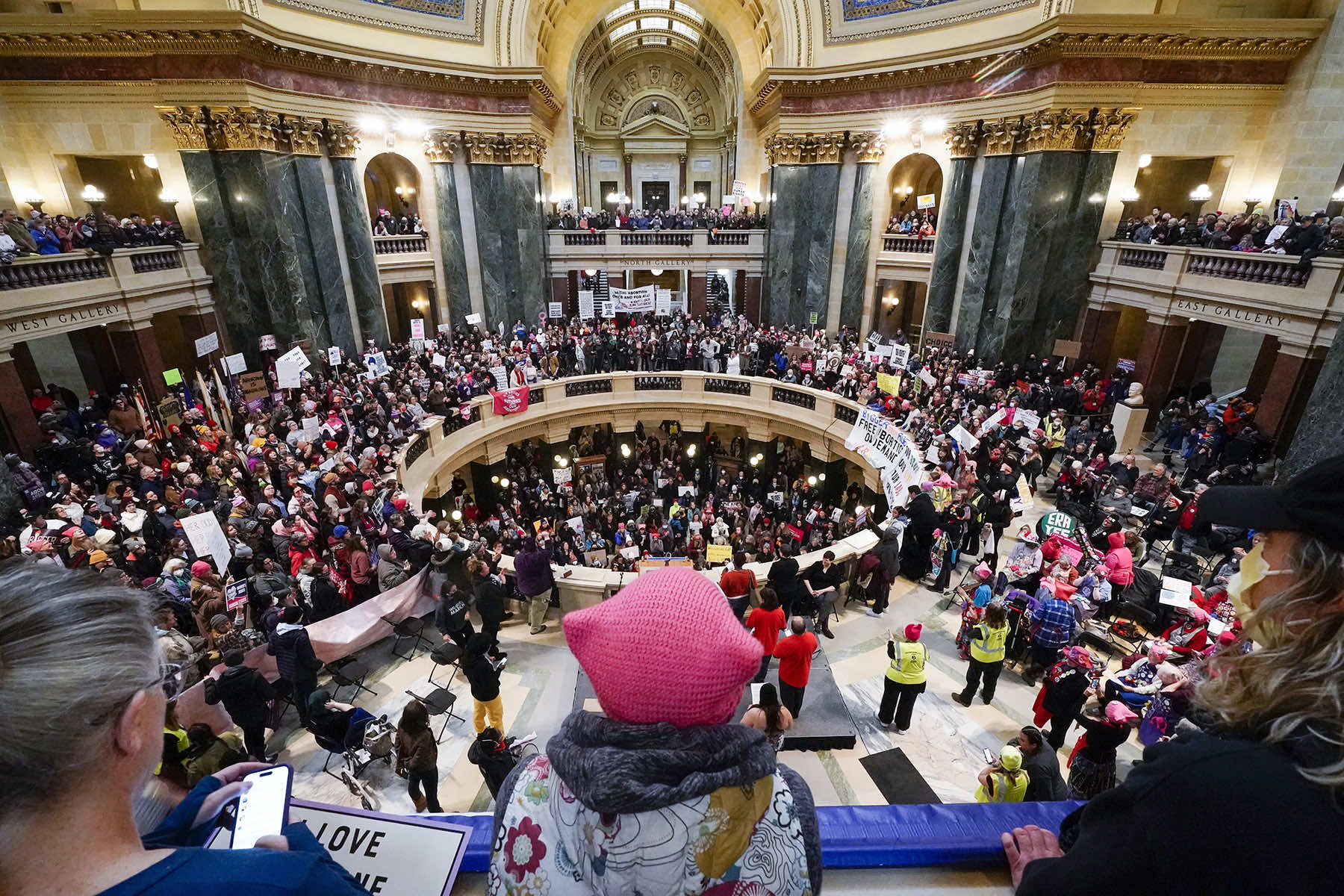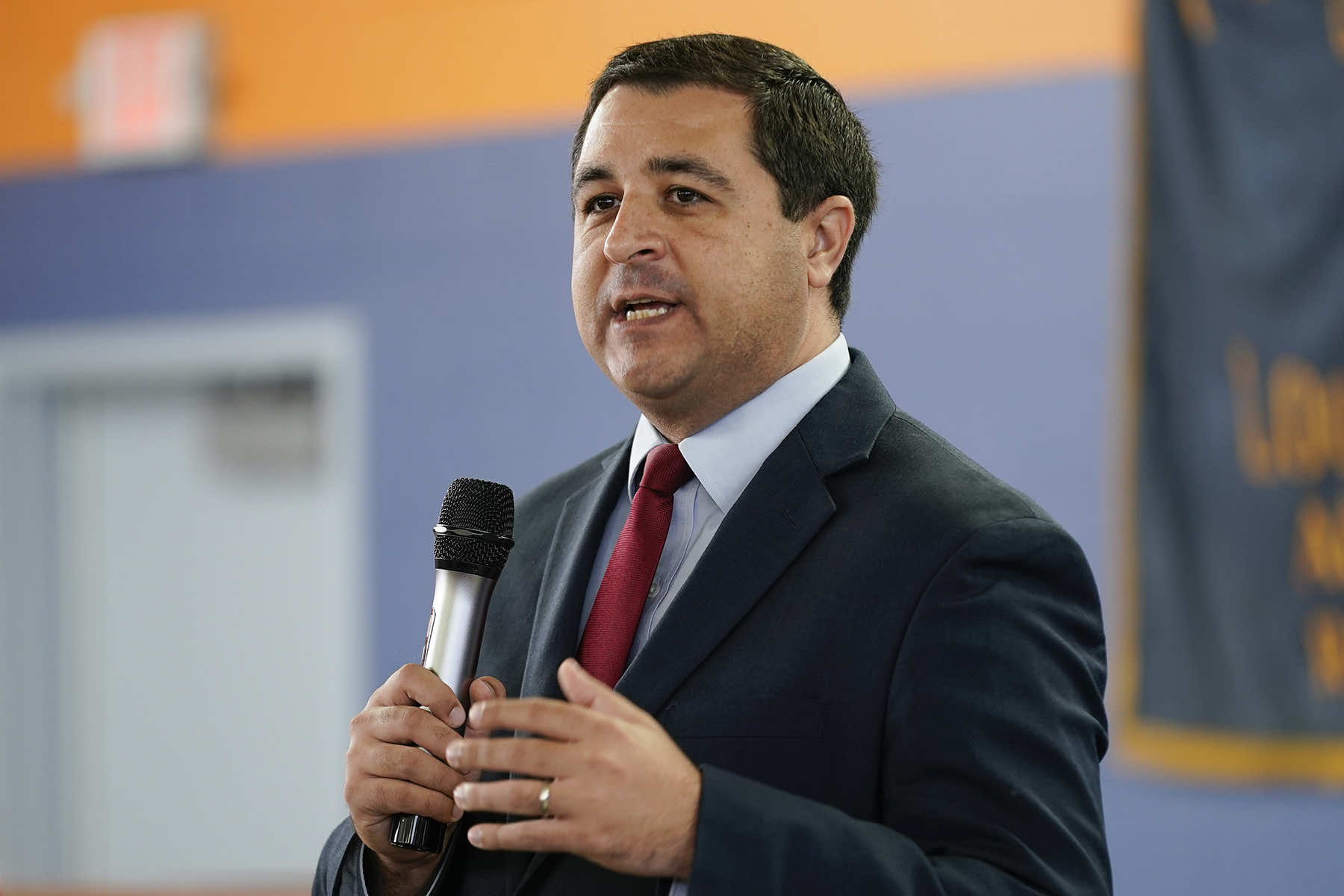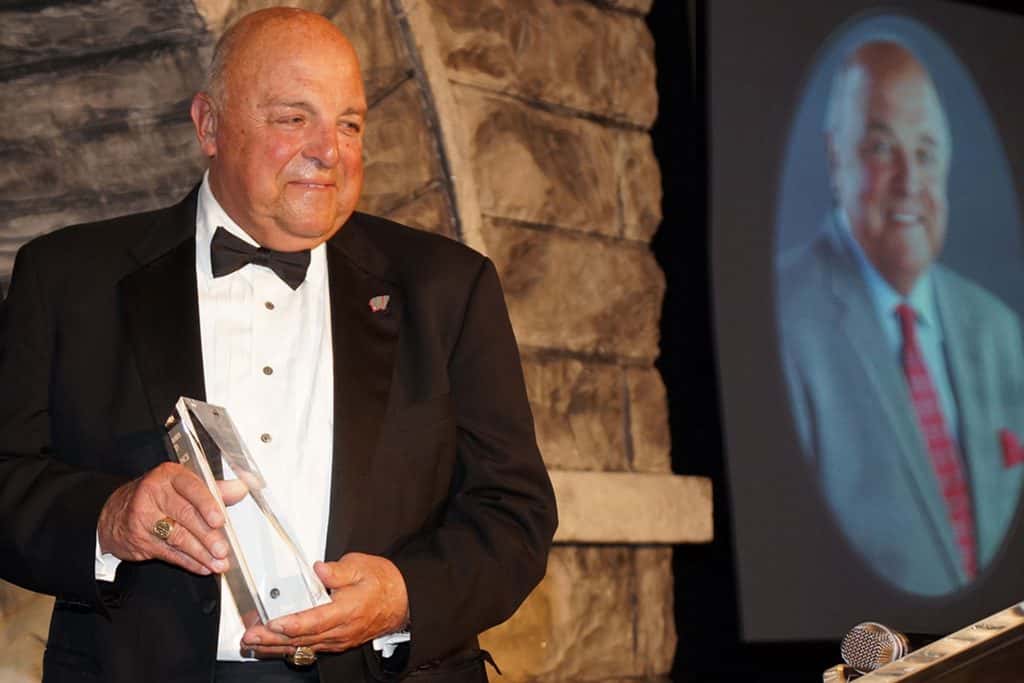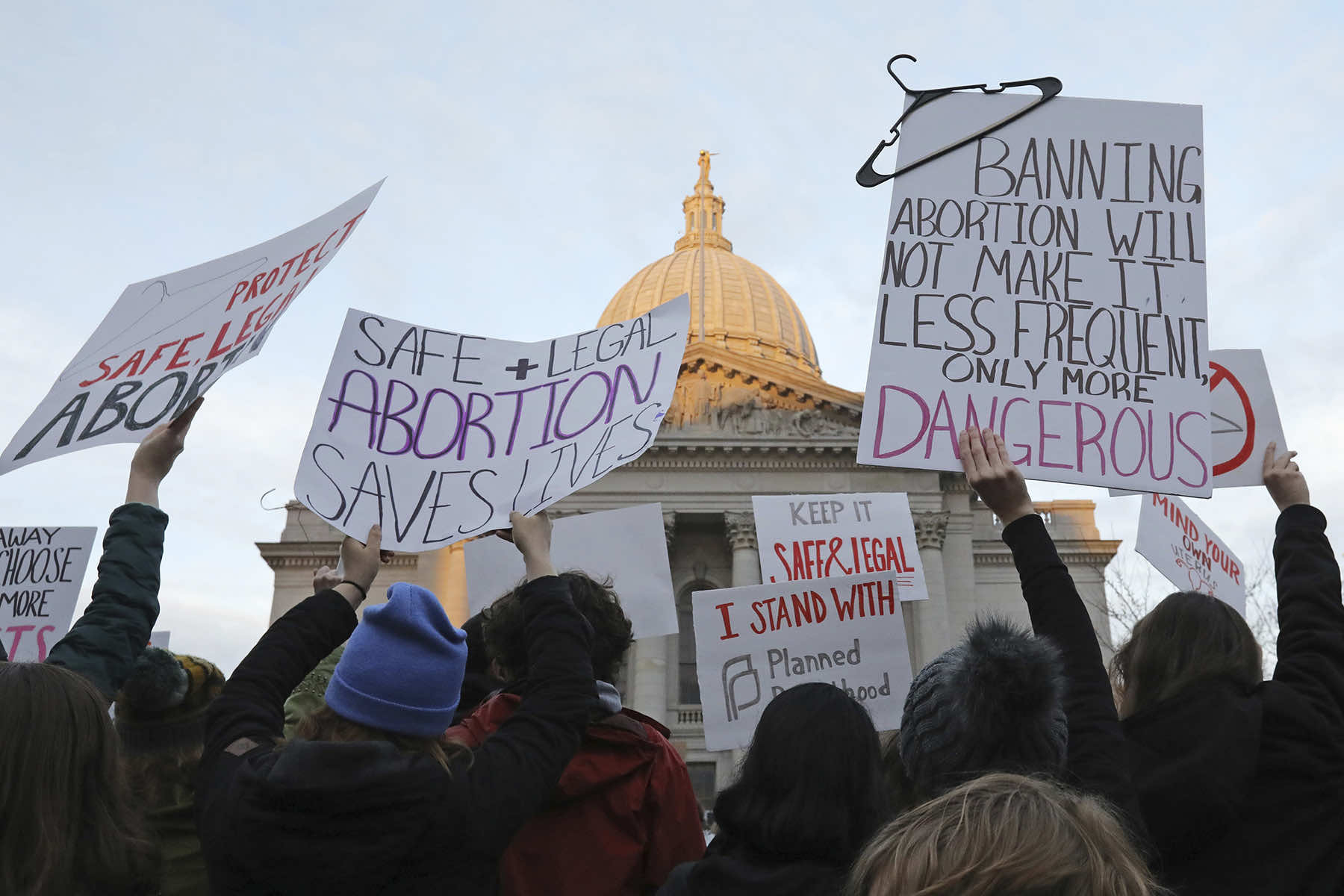
A Wisconsin judge was set to hear arguments in a lawsuit challenging the state’s 174-year-old abortion ban, a statute held in abeyance for nearly five decades until the U.S. Supreme Court struck down Roe v. Wade last year.
State Attorney General Josh Kaul, a Democrat, filed the lawsuit in Dane County circuit court last June seeking to repeal the ban. Kaul argues that the 1849 law is so old it was essentially adopted without the people’s consent; or alternately, that narrower restrictions on abortion enacted in Wisconsin in 1985 supersede the older statute.
The 1985 legislation permits terminating pregnancies up until a fetus can survive outside the womb, while the older law outlawed abortion except to save the mother’s life.
Kaul initially sued Republican legislators but later dropped them from the case and named three district attorneys as defendants, seeking to prohibit them from enforcing the ban. The May 4 hearing before Circuit Judge Diane Schlipper was expected to focus on a motion by one of the prosecutors named.
Republican Joel Urmanski, Sheboygan County’s district attorney who has vowed to prosecute anyone violating the abortion ban, has asked the court to dismiss the case.
Urmanski suggested that Kaul lacked standing to sue because the abortion ban does not hurt him. Urmanski also rebuts Kaul’s argument that the ban is unenforceable because it is so old.
Assistant Attorney General Hannah Jurss maintained that the ban clearly conflicts with modern-day laws that permit abortion in some circumstances, creating confusion that only a judge can clarify. Kaul has legal standing because he is Wisconsin’s top law enforcement official, and he needs to know what laws apply in the state.
Judge Schlipper listened to more than 90 minutes of oral arguments on the motion May 4. She did not issue a decision from the bench, and it was unclear when she might release a ruling.
Judge Schlipper also questioned Jurss on whether the doctrine of implied repeal applies in the case. The doctrine is a legal concept that states’ newer laws supersede old ones.
The case carries so much weight that no matter what happens in Schlipper’s courtroom or at the appellate level it will almost certainly end at the state Supreme Court. That plays to Kaul’s advantage because liberal-leaning justices will hold a 4-3 majority on the court after Milwaukee County Circuit Judge Janet Protasiewicz is sworn in this August.
Protasiewicz signaled repeatedly during her campaign that she supported abortion rights, an unprecedented approach in a judicial race. Typically judicial candidates keep their issue-oriented views to themselves to avoid the appearance of bias.
Protasiewicz’s win symbolizes a larger problem for local and state-elected officials brought on by the U.S. Supreme Court’s decision striking down Roe v. Wade: the ruling handed conservatives a victory they had been working toward for decades, but it also galvanized Democrats and their voters to turn out in force at the polls.


